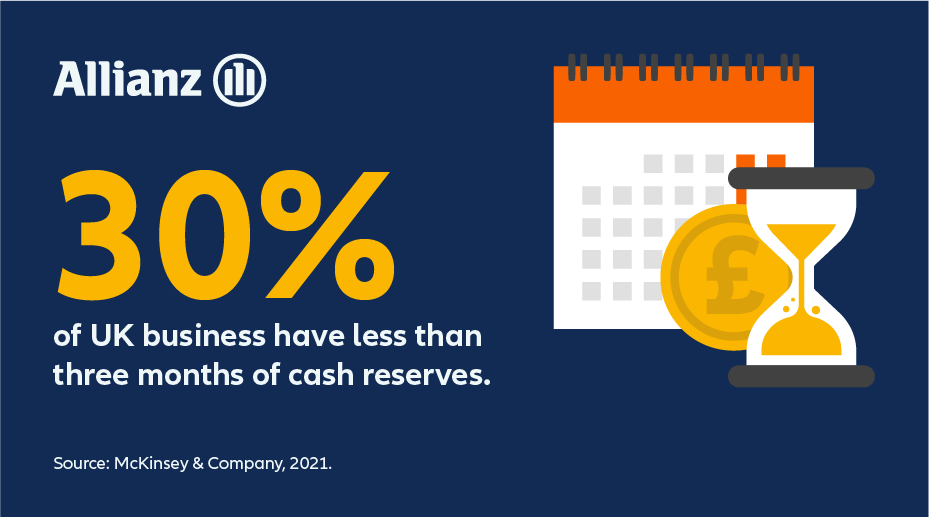It’s important that businesses maintain clear communication so everyone knows what part they play. It’s also vital to maintain business behaviours that keep the supply chain together, such as paying on time.
From a customer's perspective, they may not be aware that a business has chosen to outsource something to another person. But a business is only as strong as the weakest link in the delivery chain. So when talking to suppliers ensure questions are asked about their resilience, how they plan and test for different scenarios and what their results are.
Cyber protection is another key area where all businesses need to ensure their providers and suppliers have the right measures in place. Suppliers third or fourth down the chain may be a way for cyber criminals to find ways to get into a business.









